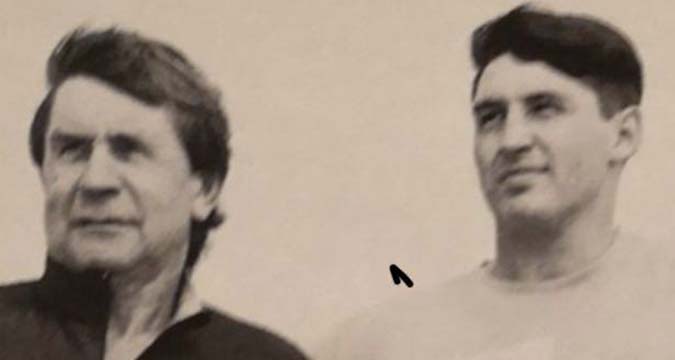 The son of a Rugby League icon who joined a top level Australian club when he was aged 19 and later recovered from a life ban to play for all four Cumbrian teams, Gary Charlton has a career story like no other.
The Whitehaven coach’s playing days could accurately be described as being colourful, going from the amateur fields of Cumbria to the
The son of a Rugby League icon who joined a top level Australian club when he was aged 19 and later recovered from a life ban to play for all four Cumbrian teams, Gary Charlton has a career story like no other.
The Whitehaven coach’s playing days could accurately be described as being colourful, going from the amateur fields of Cumbria to the A life less ordinary: the remarkable career of Whitehaven coach Gary Charlton
 The son of a Rugby League icon who joined a top level Australian club when he was aged 19 and later recovered from a life ban to play for all four Cumbrian teams, Gary Charlton has a career story like no other.
The Whitehaven coach’s playing days could accurately be described as being colourful, going from the amateur fields of Cumbria to the
The son of a Rugby League icon who joined a top level Australian club when he was aged 19 and later recovered from a life ban to play for all four Cumbrian teams, Gary Charlton has a career story like no other.
The Whitehaven coach’s playing days could accurately be described as being colourful, going from the amateur fields of Cumbria to the 